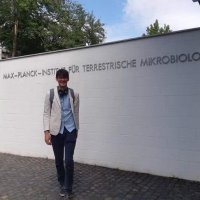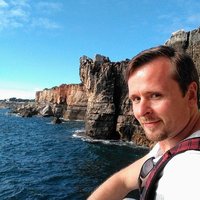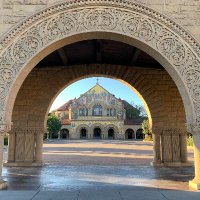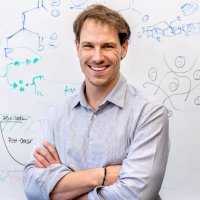
Henrike Niederholtmeyer
@hniederho
Has fun engineering cell-free systems, artificial cells and organelles. Professor for Synthetic Biology @TU_Muenchen Campus Straubing @[email protected]
ID: 1213603390866911232
https://hn-lab.org 04-01-2020 23:32:15
145 Tweet
1,1K Followers
761 Following


Open PhD positions on Molecular Evolution in Prebiotic Environments. Join us for a collaborative, interdisciplinary PhD project in a fun and supportive research environment Molecular Evolution in Prebiotic Environments! Apply here: molecular-evolution.de/positions



Yes, please consider a PhD in a four year running multi-disciplinary team effort.... with winter schools, monthly meetings - and state of the art lab projects on how Life could have emerged on the early Earth/other planets. Details: portal.graduatecenter.uni-muenchen.de/ocgc/crc392/ Look for projects her


🚨 Job Alert - 2 PhD positions🚨 Are you interested in how bacteria work and how they are affected by antibiotics? 🦠💊 Do you like using fancy microscopes and pushing the resolution boundary? 🔬🔍 Then join my group @RVZ_Wuerzburg Universität Würzburg #UniWürzburg for your PhD! tinyurl.com/2s46ffbt


Vielen Dank für den ersten Platz beim Marburger Science Slam im KFZ! Es war eine tolle Erfahrung! Meinen Slam findet ihr hier: youtu.be/67yjuEAlkK4?si… Vielen Dank auch an meine Kollegen und die Unterstützung von Henrike Niederholtmeyer, @SYNMIKRO, Max Planck Institute for Terrestrial Microbiology und Philipps-Universität!



Engineering plants offers numerous opportunities in #sustainability, but it's slow. In new work ACS Synthetic Bio with Christopher Voigt we show that chloroplast #cellfree systems can be used to increase the speed of testing genetic parts. #synbio #plants pubs.acs.org/doi/10.1021/ac…

Climate change poses a significant threat to agriculture. Plant #synbio can help. With Henrike Niederholtmeyer Clemens Böhm, René Inckemann, and more, we show in ACS Synthetic Bio that #cellfree systems from diverse plant species can be used to prototype genetic parts pubs.acs.org/doi/10.1021/ac…





The offspring are short-lived without fuel. But! We can save them by timing our refueling right. Together with Henrike's team (Henrike Niederholtmeyer), we developed microfluidic devices that enable us to refuel the next generation and keep them "alive".





